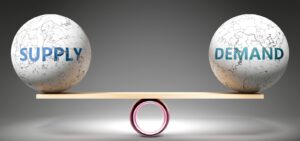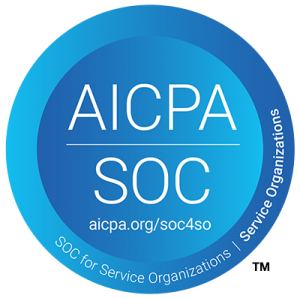During the Paris 2024 Olympic Games, all kinds of predictions were made about the medal chances of different countries. Some have even developed algorithms, predictive models and business planning tools, which of course have been wildly wrong.
Numerous sporting competitions are scrutinized by bookmakers and are the subject of bets. Every major election is the subject of a myriad of polls. Whether it’s the European elections, the French parliamentary elections, or the U.S. presidential election, the polling firms go into overdrive, billing the media and stakeholders heavily for their services, without taking responsibility for the often significant discrepancies at the end of the day.
We’re not going to lie: we love predictions. It’s even addictive. We like to play games. From time immemorial, people have consulted oracles. Every minute, traders bet on stock market values.
The reality of sporting events is that each athlete will try to excel, each team will give its best, and there will also be imponderables. The outcome will depend on all this and is highly uncertain.
In business competition, it’s the same thing: competitors are going to fight, everyone is going to take their chances, and there will be imponderables. In the world of the supply chain, the art of divination has been elevated to the status of a science and is the subject of massive technological investment and particular management attention.
Statistics, machine learning, and the accuracy of forecasts have dominated the debate for years and continue to be the focus of much attention. Software publishers and consultancies, like polling firms, do a lucrative business in this area. The focus on forecasting technology investment ROI is apparent, but the underlying question remains: is it worth it?
In the program of a well-known upcoming supply chain conference, a talk is devoted to “What are the benefits of a 1% improvement in forecast accuracy in business? Uh, going from 70% to 71%, or even 75% or – let’s be crazy – 80%, is that going to change the fact that roughly one in five times our forecasts are off the mark? Many items are not predictable, and we continue to face challenges on the reliability side of our supplies, lead times, and inventories. Forecasting vs. agility in supply chain management is a debate that continues to gain traction.
Perhaps we have a vocabulary problem. “Forecasts”, preferably based on AI and big data in supply chain, sound scientific and factual. If we spoke instead of “prognoses”, “bets”, or “divination”, would our management teams still be inclined to devote massive investments to them?
Forecasting is like gambling – it can be fun, it can be addictive, but if you’re responsible for the operations of an industrial or distribution company, don’t devote too many resources to it. Actual demand will differ from forecasts, as every professional in supply chain demand planning solutions will tell you.
It’s time to cure our forecast addiction in business. Don’t hesitate: make reasonable forecasts, without devoting too many resources to them, and invest in agility. To quote Marc Engel, Unilever’s Chief Supply Chain Officer in 2020: “Agility trumps forecasting. At the end of the day, every dollar spent on agility probably has a 10x return over every dollar spent on forecasting or scenario planning.”
Good news: investing in Intuiflow is not 10x more expensive, and it even includes reasonable forecasting tactics! The message is clear – focus on building agility in supply chain management and let go of your forecast addiction in business. Investing in supply chain demand planning solutions and focusing on forecasting technology investment ROI will pay off. After all, forecast accuracy in business is crucial, but predictive models and business planning need to be approached with caution.












